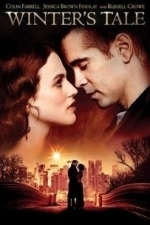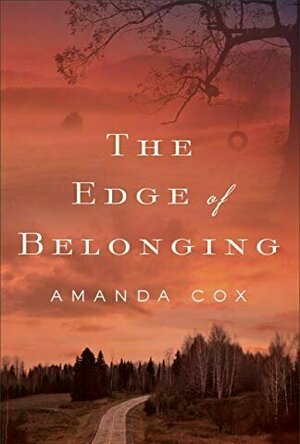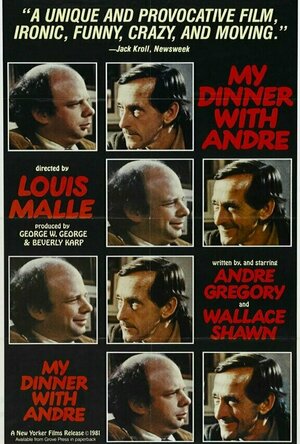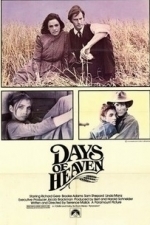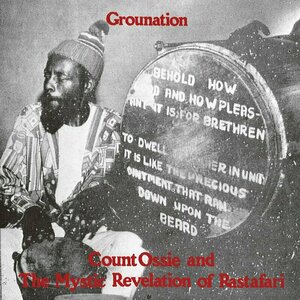Search
Search results
Gareth von Kallenbach (980 KP) rated Winter's Tale (2014) in Movies
Aug 6, 2019
“Winter’s Tale”, starring Colin Farrell (Peter Lake), Jessica Brown Findlay (Beverly Penn), Russell Crowe (Pearly Soames), William Hurt (Isaac Penn), Jennifer Connelly (Virginia Gamely) and Will Smith (The Judge) is a fantastic love story, although the beginning was a little slow. It did help define the three different timelines involved in the plot
After a brief scene set in 1895, where we see a set of parents put their baby in a model ship, lower him down into the Hudson River and set him afloat, the timeline jumps to 1916. In this timeline we meet Peter Lake and Pearly Soames for the first time, and are drawn into their story of good versus evil. As Pearly hunts for Peter, in order to destroy him, Peter is assisted by a beautiful white horse named Athansor. The horse is absolutely stunning and along with the incredible use of light throughout the movie, it is possibly one of the most memorable things about the film. The stallion is the guardian angel of the adult Peter – and he flies! The CGI was seamless and beautiful.
As Peter tries again and again to escape Pearly, he ends up meeting Beverly who is ill with consumption. Of course, it’s a love story and they fall in love. Farrell and Penn’s portrayal of their characters’ romance was so poignant, you will need to have tissues on hand. Throughout the movie a voiceover says “inside each of us is a miracle, a miracle intended for one person alone.” The plot twists connected to that statement were just enough to keep me guessing – often incorrectly.
It was a total and complete shock to see Will Smith play an antagonist so well. Russell Crowe was great as Pearly, very believable as a demon obsessed with getting his way and wreaking vengeance on someone who he saw as having “done him wrong.”
When the storyline jumped to present day New York, 2014, the imagery of the lights and stars helped with the transition but the magic of the film seemed to disappear afterwards. While the last third of the movie was not hard to follow, it was still a bit hard to understand its point right away. I definitely felt like the movie lost some momentum after the jump to present day. In the end, it just felt like there was something missing – possibly left in the editing room. Maybe we’ll find it on the DVD extras.
I would give this movie 3.5 out of 5 stars.
After a brief scene set in 1895, where we see a set of parents put their baby in a model ship, lower him down into the Hudson River and set him afloat, the timeline jumps to 1916. In this timeline we meet Peter Lake and Pearly Soames for the first time, and are drawn into their story of good versus evil. As Pearly hunts for Peter, in order to destroy him, Peter is assisted by a beautiful white horse named Athansor. The horse is absolutely stunning and along with the incredible use of light throughout the movie, it is possibly one of the most memorable things about the film. The stallion is the guardian angel of the adult Peter – and he flies! The CGI was seamless and beautiful.
As Peter tries again and again to escape Pearly, he ends up meeting Beverly who is ill with consumption. Of course, it’s a love story and they fall in love. Farrell and Penn’s portrayal of their characters’ romance was so poignant, you will need to have tissues on hand. Throughout the movie a voiceover says “inside each of us is a miracle, a miracle intended for one person alone.” The plot twists connected to that statement were just enough to keep me guessing – often incorrectly.
It was a total and complete shock to see Will Smith play an antagonist so well. Russell Crowe was great as Pearly, very believable as a demon obsessed with getting his way and wreaking vengeance on someone who he saw as having “done him wrong.”
When the storyline jumped to present day New York, 2014, the imagery of the lights and stars helped with the transition but the magic of the film seemed to disappear afterwards. While the last third of the movie was not hard to follow, it was still a bit hard to understand its point right away. I definitely felt like the movie lost some momentum after the jump to present day. In the end, it just felt like there was something missing – possibly left in the editing room. Maybe we’ll find it on the DVD extras.
I would give this movie 3.5 out of 5 stars.

MSD Consumer Version
Medical and Health & Fitness
App
SPECIAL NOTE ABOUT DOWNLOAD ***This very large app (the entire content of the MSD Manual) can take 5...
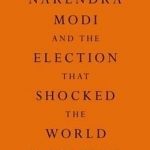
The Modi Effect: Inside Narendra Modi's Campaign to Transform India
Book
How did a 'chai wallah' who sold tea on trains as a boy become Prime Minister of India? On May 16,...
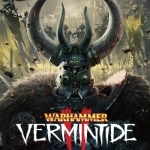
Warhammer: Vermintide 2
Video Game Watch
Vermintide is back – darker, bloodier and more intense than ever! Warhammer: Vermintide 2 is...
action warhammer
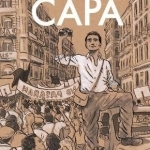
Robert Capa: A Graphic Biography
Book
'If your pictures aren't good enough, you aren't close enough.' - Robert Capa. 'Robert Capa: A...
TravelersWife4Life (31 KP) rated The Edge of Belonging in Books
Feb 24, 2021
<a href="https://travelingwife4life.wordpress.com/2020/09/10/the-edge-of-belonging-lone-star-lit/">Travelers Wife 4 Life</a>
The Edge of Belonging by Amanda Cox was like a breath of fresh air amid uncertain times that cause you to reflect inward to who you really are. It is listed as a dual timeline, but I think it reads just like a complete story of getting to know a person from beginning to end, with some very thought-provoking moments.
<b>“What if this whole thing is really about finding your missing pieces?”</b>
This book and the characters in it made me go on a roller-coaster of thoughts, emotions, and feelings. I was hooked from the very beginning and read the book in one sitting because it was so good. I loved how Amanda Cox used the dialogue to make me feel as if I were in the story observing everything unfolding. She also used everyday life situations to convey hope for every situation tastefully touching on topics like depression, abandonment, abuse, PTSD, and death. It was masterfully done and quite hard to believe that this was her debut novel! (I cannot imagine what she will write after getting “practice” under her belt). The Edge of Belonging has some of the most poignant moments in it that I have ever read before in a book. Ivy Rose, Harvey James, Reese, and Pearl brought to light one of life’s most resounding questions… Who are you?
<b>“You are Braver than you know. And more Loved than you realize.”</b>
The plot is a dual timeline, I do not always like them because they can be kind of wonky, but wow, this one was done to perfection. It was really like looking through a window and watching the characters interact on the other side, definitely one of the best (if not the best) dual timelines I have ever had the pleasure of reading before. Interwoven with great landscape descriptions and interesting background on all the characters plus, the 20 years kept secrets… well this book is one I will be recommending for a long time to come.
While diving deep into the different characters' lives Amanda Cox managed to give many happy endings and bring you on a journey of discovery that I think everyone can relate to and enjoy. I highly recommend this book and give it 5 stars. Great job on your first book Amanda Cox, I cannot wait to see what you write next!
*I volunteered to read this book in return for my honest feedback. The thoughts and opinions expressed within are my own.
The Edge of Belonging by Amanda Cox was like a breath of fresh air amid uncertain times that cause you to reflect inward to who you really are. It is listed as a dual timeline, but I think it reads just like a complete story of getting to know a person from beginning to end, with some very thought-provoking moments.
<b>“What if this whole thing is really about finding your missing pieces?”</b>
This book and the characters in it made me go on a roller-coaster of thoughts, emotions, and feelings. I was hooked from the very beginning and read the book in one sitting because it was so good. I loved how Amanda Cox used the dialogue to make me feel as if I were in the story observing everything unfolding. She also used everyday life situations to convey hope for every situation tastefully touching on topics like depression, abandonment, abuse, PTSD, and death. It was masterfully done and quite hard to believe that this was her debut novel! (I cannot imagine what she will write after getting “practice” under her belt). The Edge of Belonging has some of the most poignant moments in it that I have ever read before in a book. Ivy Rose, Harvey James, Reese, and Pearl brought to light one of life’s most resounding questions… Who are you?
<b>“You are Braver than you know. And more Loved than you realize.”</b>
The plot is a dual timeline, I do not always like them because they can be kind of wonky, but wow, this one was done to perfection. It was really like looking through a window and watching the characters interact on the other side, definitely one of the best (if not the best) dual timelines I have ever had the pleasure of reading before. Interwoven with great landscape descriptions and interesting background on all the characters plus, the 20 years kept secrets… well this book is one I will be recommending for a long time to come.
While diving deep into the different characters' lives Amanda Cox managed to give many happy endings and bring you on a journey of discovery that I think everyone can relate to and enjoy. I highly recommend this book and give it 5 stars. Great job on your first book Amanda Cox, I cannot wait to see what you write next!
*I volunteered to read this book in return for my honest feedback. The thoughts and opinions expressed within are my own.
